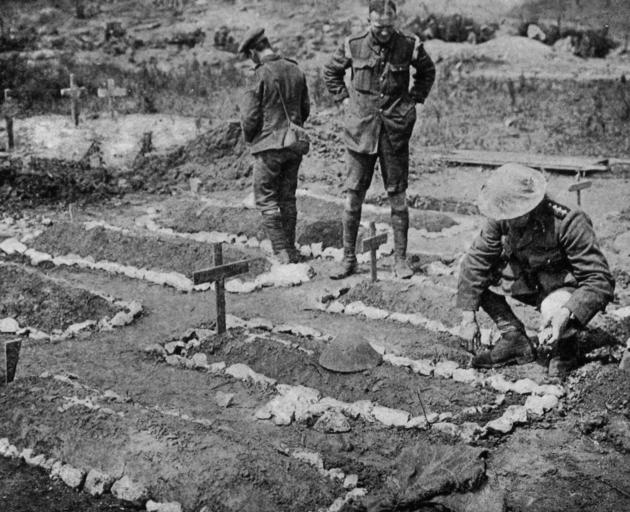
Mr H. K. Wilkinson occupied the chair. Mr Peter Barr said that the business Men’s Committee had arranged for a meeting in connection with the 6 o’clock closing movement, and after the 6 o’clock closing legislation had been carried Mr Cohen had called on him and had been discussing the present project with the Rev. Mr King and others — that was, to provide evening occupations for men who might find they had very little to do after 6 o’clock closing came into force. The Rev. Mr King said he had seen that when 6 o’clock closing came into existence some provision would have to be made for men having no homes of their own — that was, living in boarding houses.
The idea was that there should be established in Dunedin places where these men could go and spend the evening in a rational manner, by playing cards, draughts, chess, and perusing reading matter. A small cafe might also be introduced where the men could get refreshments at a small cost. Whether there should be a fee for membership or not had not been considered, but he felt that these places should be free to anybody who liked to come in. One objection urged was that there was already in existence the Y.M.C.A., but that did not touch the class of men they wanted to make provision for. The name of the association was against these men. They wanted to get hold of these men and keep them from worse temptations than drink, which they knew were very glaring at the present time. He thought it was a duty they owed to these men to provide some resort for them now that the only place they had was going to be closed. To procure suitable places would be one of the difficulties.
So far as the suburbs were concerned the difficulty could very soon be got over. The city would be the difficulty. They did not want elaborate places, but they wanted the men to take an interest in them. It had occurred to him that these places might be run on the cooperative system, and if there were any profits let them be divided among those who had helped to keep them going. He thought the matter should be run outside the churches altogether. These could help, but not as churches. After discussion it was resolved that the meeting approves of the proposal to provide men’s social resorts throughout the city and suburbs, and that a scheme be drafted by a committee to lay before a public meeting to be held at a future date. The committee subsequently set up consisted of the Rev. Mr King, Messrs Park, Gilkison, Shacklock, and Beadle.
Air raids on German towns
London: The newspapers applaud the Government’s decision to raid German towns, and ask how soon the new policy will begin. The Italian and French newspapers are delighted with the British decision, especially as America always favoured hitting Germany back. It is understood that Britain will not be content with small aerial attacks, such as the French carry out after undefended French towns have been bombed, but that Britain contemplates a vigorous system of air raids, aiming at the destroying of the German morale and upsetting their communications. This drastic system alone will satisfy public opinion in Britain.
The Central News states that Mr Lloyd George and General Smuts are considering schemes for reprisals. A high authority explains that the difficulty in the past has been the insufficiency of aeroplanes to carry out raids on an extensive scale, it being obviously useless to send one or two machines to drop a few bombs. When we send aeroplanes they will go in very large numbers, and attain far greater results in a single raid than the Germans have attained in several raids. Thus far all our aeroplanes have been needed for bombing enemy hangars and hutments, and in the essential work on the fighting fronts, for we have definite military objectives which we must attain before the winter sets in. The British output of powerful machines has also been greatly accelerated. It is a mistake to believe that the German aeroplanes are more powerful than ours. — ODT, 6.10.1917.
• COPIES OF PICTURE AVAILABLE FROM ODT FRONT OFFICE, LOWER STUART ST, OR WWW.OTAGOIMAGES.CO.NZ












